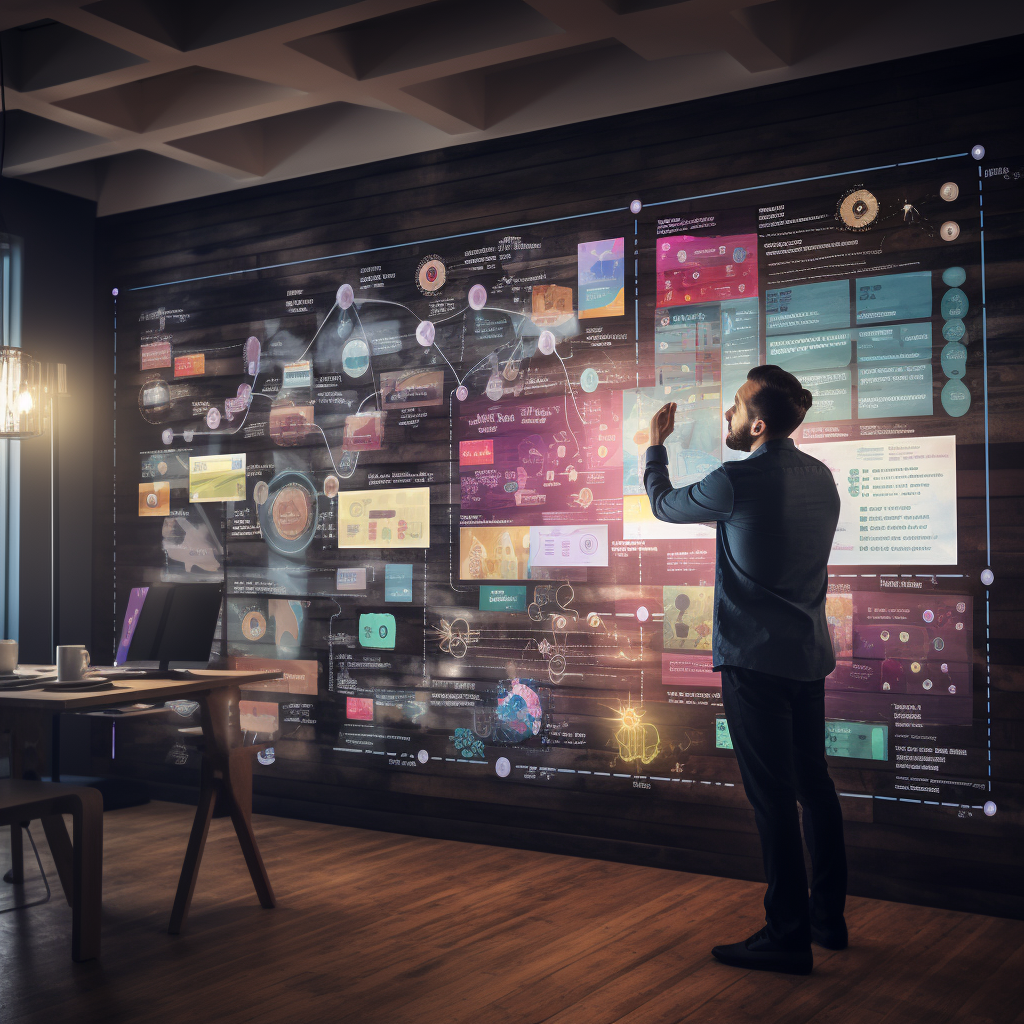A dynamic interplay between new approaches and technical advancements characterizes the evolution of education. To understand the revolutionary changes in the educational landscape, this discussion on online learning trends and innovations pulls inspiration from several sources, including other blogs, academic papers, and publications.
Augmented reality (AR) and virtual reality (VR) are two cutting-edge concepts covered in this conversation. Scholarly articles emphasize how these technologies improve immersive education by enabling students to interact with the material in previously unheard-of ways. The potential for virtual field trips, simulations, and interactive learning environments, which would enhance the educational experience and push the boundaries of conventional teaching methods, is revealed by blogs describing the integration of VR and AR in online classrooms.
Artificial intelligence (AI) is another disruptive force in education, as numerous papers have detailed. This talk examines how AI-powered adaptive learning systems assess each student’s performance and modify the curriculum to meet their requirements. We explore the possibilities of AI in tracking student progress, giving customized feedback, and developing adaptive courses that take into account their individual learning obstacles and styles by integrating insights from academic articles.
As discussed in past blogs, gamification is a trend that uses game components to improve the educational process. Scholarly articles explore the psychology of gamification, examining how it increases students’ motivation, engagement, and perception of success. Teachers can create a more engaging and delightful learning environment by including gamified components into online courses and using students’ inherent incentives.
This conversation looks at microlearning, an idea that is becoming more and more popular in education. We investigate how microlearning divides instructional content into more manageable, digestible pieces, drawing on observations from other blogs. Scholarly articles examine the efficiency of microlearning in enhancing knowledge retention and meeting contemporary learners’ reduced attention spans. This trend allows students to consume content at their own pace in bite-sized pieces, which aligns with their developing demands.
This investigation is centered around the topic of collaborative tools in online education. Using information from various sources, such as blogs and articles, we discuss how communication tools and collaboration platforms encourage engagement between students and teachers. Scholarly articles examine how these tools affect group projects, online conversations, and cooperative learning, highlighting the value of social interaction in the online learning environment.
In conclusion, this discussion highlights the dynamic nature of online learning, providing a glimpse into the future of education enhanced by technological advancements and creative methodologies. From virtual reality and artificial intelligence to gamification, microlearning, and collaborative tools, these examples show what makes online learning so exciting.





